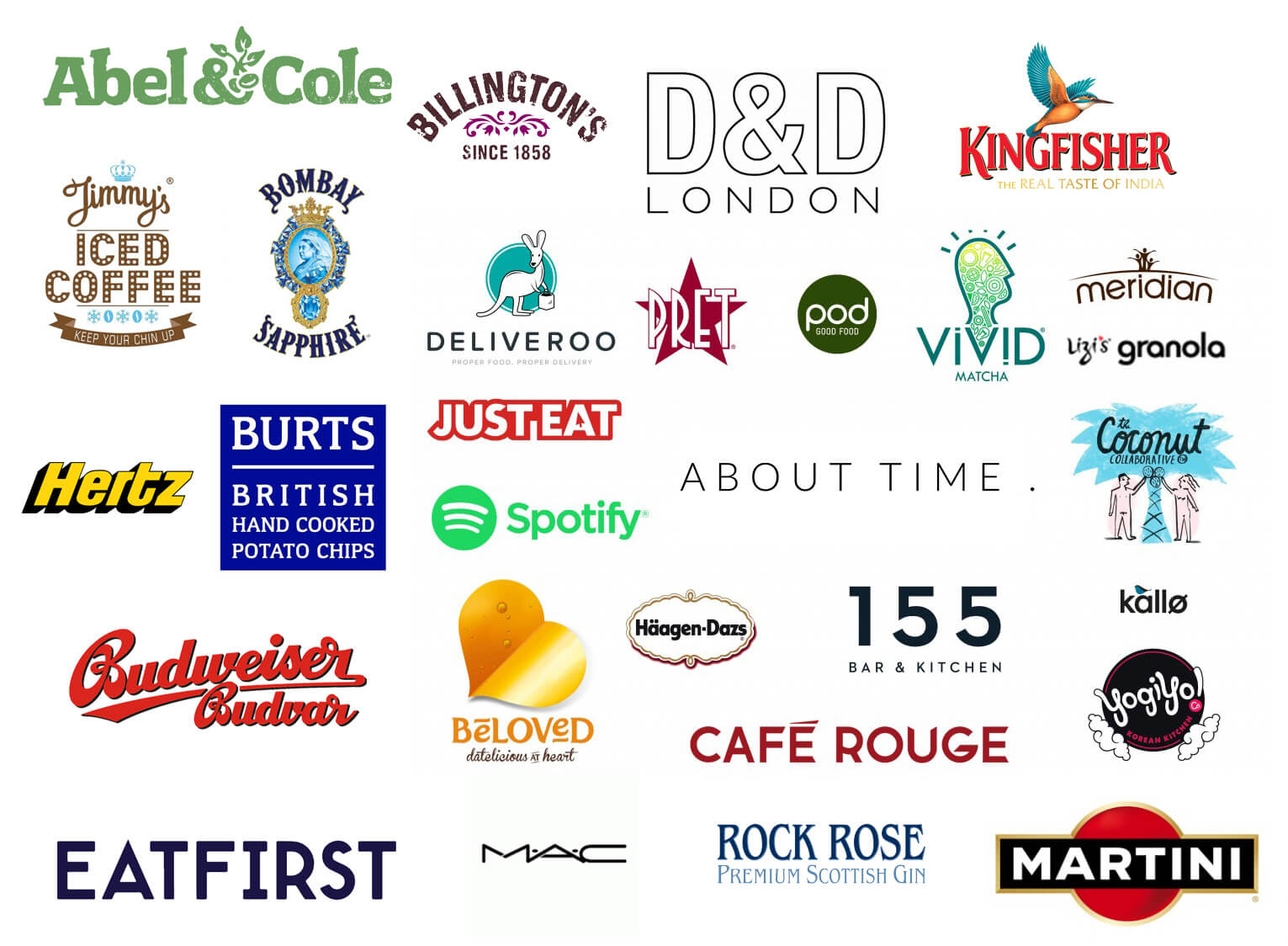About Time You Met: Lea von Bidder, Co-Founder of AvaBy Alicia Grimshaw
To mark International Women’s Day 2017, we’re celebrating the work of women everywhere with a series of inspirational interviews with female entrepreneurs, foodies, rising stars and more. Meet Lea von Bidder – co-founder of Ava, the world’s first fertility monitoring bracelet. Ava is making a real difference to women struggling to get pregnant and simply wishing to know more about their fertility – instead of invasive and inaccurate methods such as testing urine and taking temperature repeatedly throughout the day, users simply wear the Ava bracelet at night – sync it to their smartphone when they awaken – and instantly get to know exactly where they are in their cycle. We chat to Lea about Ava, work and more:
Tell me a little bit about the business. How did it come about?

 The earliest idea around the Ava bracelet came from the experience of my Ava co-founder, Peter Stein, and his wife, who was trying to get pregnant at the time and was frustrated with all the other options out there for fertility and cycle tracking like Fertility Plus. Peter, along with myself and our other two co-founders, decided to create a better solution using our collective backgrounds in wearable tech, health sensor tech, medical devices and consumer packaged goods. The overall mission, though, went beyond just creating a better fertility tracker. Our goal was and still is to bring true innovation – via sensor technology and data science – to the field of women’s reproductive health, which hasn’t seen any significant breakthroughs since the advent of the birth control pill nearly 70 years ago.
The earliest idea around the Ava bracelet came from the experience of my Ava co-founder, Peter Stein, and his wife, who was trying to get pregnant at the time and was frustrated with all the other options out there for fertility and cycle tracking like Fertility Plus. Peter, along with myself and our other two co-founders, decided to create a better solution using our collective backgrounds in wearable tech, health sensor tech, medical devices and consumer packaged goods. The overall mission, though, went beyond just creating a better fertility tracker. Our goal was and still is to bring true innovation – via sensor technology and data science – to the field of women’s reproductive health, which hasn’t seen any significant breakthroughs since the advent of the birth control pill nearly 70 years ago.
What’s new and different about Ava?

Ava detects more fertile days earlier in a woman’s cycle than other methods of fertility or cycle tracking. It’s the first product that uses sensor technology to measure not just temperature, but nine different physiological parameters associated with the rise in hormones estradiol and progesterone, which enables detection of a woman’s fertile window in real-time, allowing for more accurate predictions with minimal user involvement.
 And unlike other cycle monitoring methods, Ava is also much easier to use – since the bracelet is worn throughout the night, there is no need to wake up at the same time each morning to manually take your temperature. It also provides information about your general health, including sleep, physiological stress, and resting pulse rate. It really is a twenty-first century method for tracking your cycle.
And unlike other cycle monitoring methods, Ava is also much easier to use – since the bracelet is worn throughout the night, there is no need to wake up at the same time each morning to manually take your temperature. It also provides information about your general health, including sleep, physiological stress, and resting pulse rate. It really is a twenty-first century method for tracking your cycle.
What’s the mission of Ava?
Ava is the one device for women to track, visualise and understand their menstrual cycle and health in real time. It can be used to understand mood swings, determine the best time to get pregnant, figure out if headaches are driven by hormones, and more. Ava provides a level of insight for women that has never been available outside of a clinical setting. Fertility tracking is just the beginning of exciting possibilities for Ava’s technology. We are planning to further refine our algorithms for use in both pregnancy recognition, pregnancy monitoring, and possible use as a non-hormonal contraceptive device.
How has your personal experience led to starting the company?

I deeply care about women’s health and see it as one key component to women’s empowerment – this cause has always been something that deeply mattered to me. My interest and involvement has increased since I left university for the professional world, where we still clearly experience the lack of women in higher positions and founding roles. Helping women manage their cycle and giving them accessible, precise insights about their health and wellbeing won’t solve workplace equality issues, but it can help.
When my cofounders talked to me about Ava I was perplexed to see how little innovation and research has been done to make the lives of women easier. It’s 2017, and women are still setting their alarm clock at 6am every morning to take their temperature and try to muffle the sound of the thermometer beeping with their pillow so that their partners don’t wake up. It was obvious we had to do something about that.
What was a turning point for the business?

There were many. The most important was the result of our clinical study where we could showed that our technology can detect 5.3 fertile days within a woman’s cycle with a 89% accuracy – a true breakthrough over any other method of fertility tracking out there today.
What inspires you?
I am inspired by people who solve problems that matter to them. Whether they are entrepreneurs, politicians, scientists or dedicated hobbyists.
How has your life changed since starting the business?

It has become a little more hectic, but unbelievably interesting. I learn so much every day from the new challenges we are facing and from our talented team. And all the work is worth it when we get another pregnancy announcement.
Three tips for aspiring entrepreneurs:
1. Really care about what you’re building. No matter where your passion comes from, it needs to be there.
2. Have confidence and remind yourself “You can do it.” I see so many soon-to-be-entrepreneurs who quit before starting. Give it a shot!
3. Go into the venture knowing that if it doesn’t work, then you might still learn about something else that will in the process.
How has your experience of being a female entrepreneur been?
My experience of being a female entrepreneur has been exhilarating, fulfilling and always challenging – it’s a life I’d recommend to anyone interested in pursuing. And if you do – have coffee with me. I love meeting fellow female entrepreneurs.


